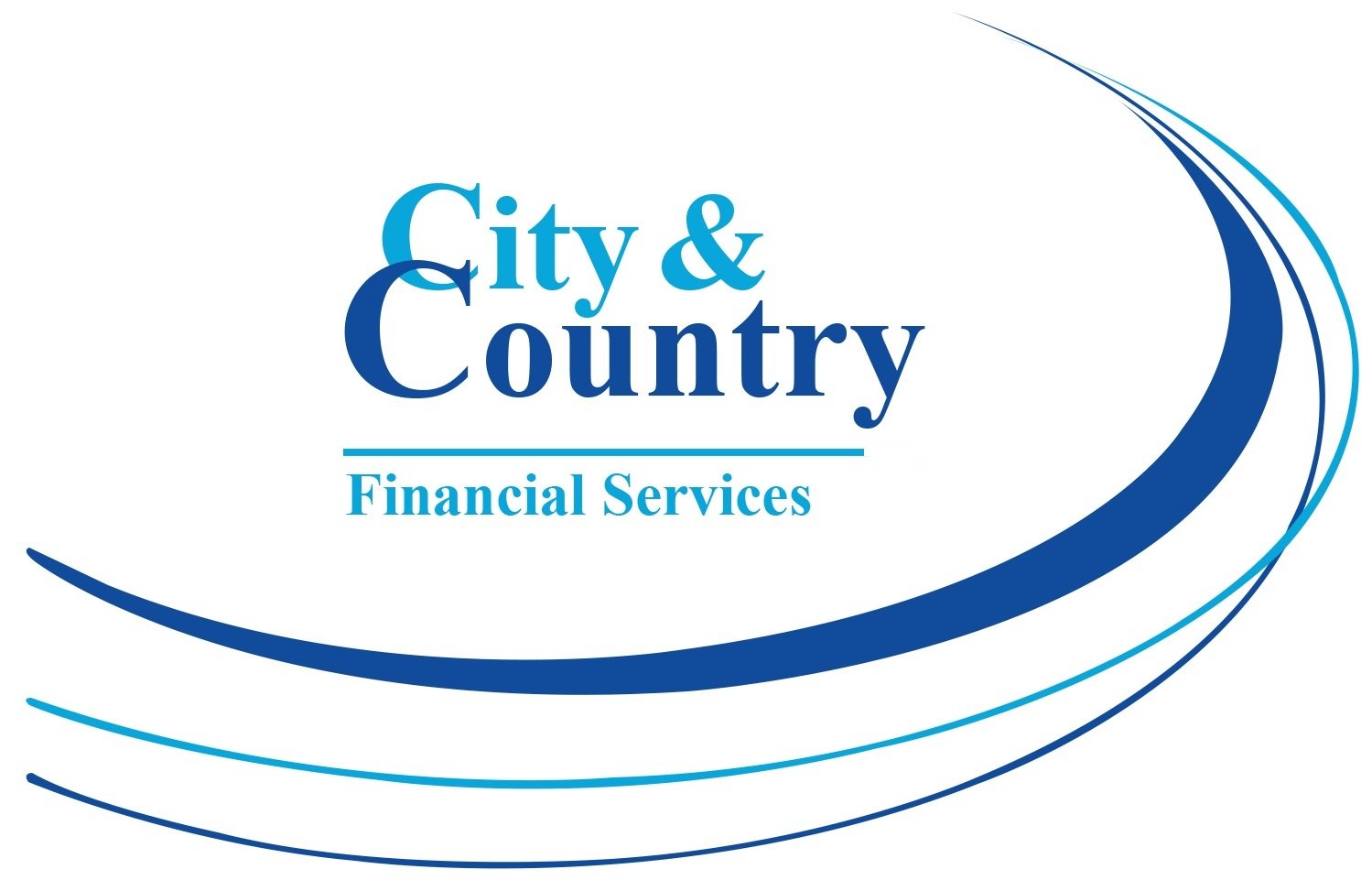What Is Shareholder Protection?
If your business partner or a shareholder died or became critically ill, have you ever thought what the impact could be? The loss of a business partner or a shareholder can have a major impact on the success of any business. But it’s not just about the loss of profits the business could suffer. Who would take their place? Not only in performing their day- to-day duties, but also in making decisions about how your business will be run in the future.
You could even be forced to work with a member of their family who has no knowledge of the business and isn’t really that interested in it. That family member would now have the same say as your partner before they died. This could be very disruptive or totally unacceptable to the other partner/shareholders. The family may even want to sell their share of the business, which could be bought by a competitor or other unsuitable buyer.
Also, if your shareholding director or partner becomes critically ill, this could lead to uncertainty for the business. Would they be able to return to work? Would they even want to? Would they want to sell their shares following a health scare?
What is shareholder protection?
Unlike the other forms of business protection, shareholder or partnership protection covers individuals rather than the company. It can help solve many of the problems that could arise when the unexpected happens. The protection needs of shareholders and partners are broadly similar. This protection gives you and your partners the security of being able to keep the ownership of the business in the hands of the people who have built it by enabling you to ‘buy out’ the share of a business colleague who has died or become too ill to carry on working at a fair price.
Unlike the other forms of business protection, shareholder or partnership protection covers individuals rather than the company. It can help solve many of the problems that could arise when the unexpected happens.
It can also form part of an arrangement that is designed to ensure that control of the company stays in the hands of the current owners, and that the family that inherits the shares receives their full value. If a company’s Articles of Association includes a pre-emption clause, the remaining shareholders have an automatic right to buy the shares of a partner who dies or leaves due to illness. If a partnership has not drawn up a partnership agreement, under current law the partnership will end on the death of any of the partners. With suitable cover and an arrangement in place, the remaining owners would not have the issue of raising capital to buy out a business owner who is critically ill, or the heirs of a business owner who has died, and they can keep control of the business.
How does shareholder protection work?
Typically, each individual business owner needs to take out a separate plan, written under a business assurance trust. The business owners must decide between life cover and critical illness cover, or a combination of the two. The policy can be a fixed or whole life term, depending on the business owner’s specific needs.
The amount of cover should reflect the value of each owner’s full share in the business. One way of measuring this is as a proportion of the capital value of the business, plus the goodwill included in the accounts, any undistributed profits, and the individual’s loan or partnership account. The value of the business should be assessed professionally to establish the sums assured needed, and underwriters may ask to see a copy of the valuation.
Importance of obtaining professional advice
Each person should be covered for the full value of their share of the business. The value of each share should be reviewed regularly to ensure that the cover remains adequate, as the value of a company can change over time. It can therefore be useful for the policy to have the flexibility to accommodate this, both through annual inflation-proofing increases and through large single increases. A valuable feature can be the ability to increase without giving further health evidence. How the business protection is established and what it is designed to do may impact the taxation of any benefits received or premiums paid. There should be a business agreement in place detailing how the funds would be used after a claim, for example, a cross option or single option agreement. Each company’s circumstances are different – and whichever route is chosen, it is important that you obtain professional advice to ensure the most appropriate arrangements are put in place.
Our business solutions can help give your business reassurance
No one can predict what will happen in the future, but you can make sure you have the right protection in place to keep your business successful should the worst happen. With so many insurance providers on the market, finding the right cover for your business can be daunting. To discuss your options, please contact us for more information.

